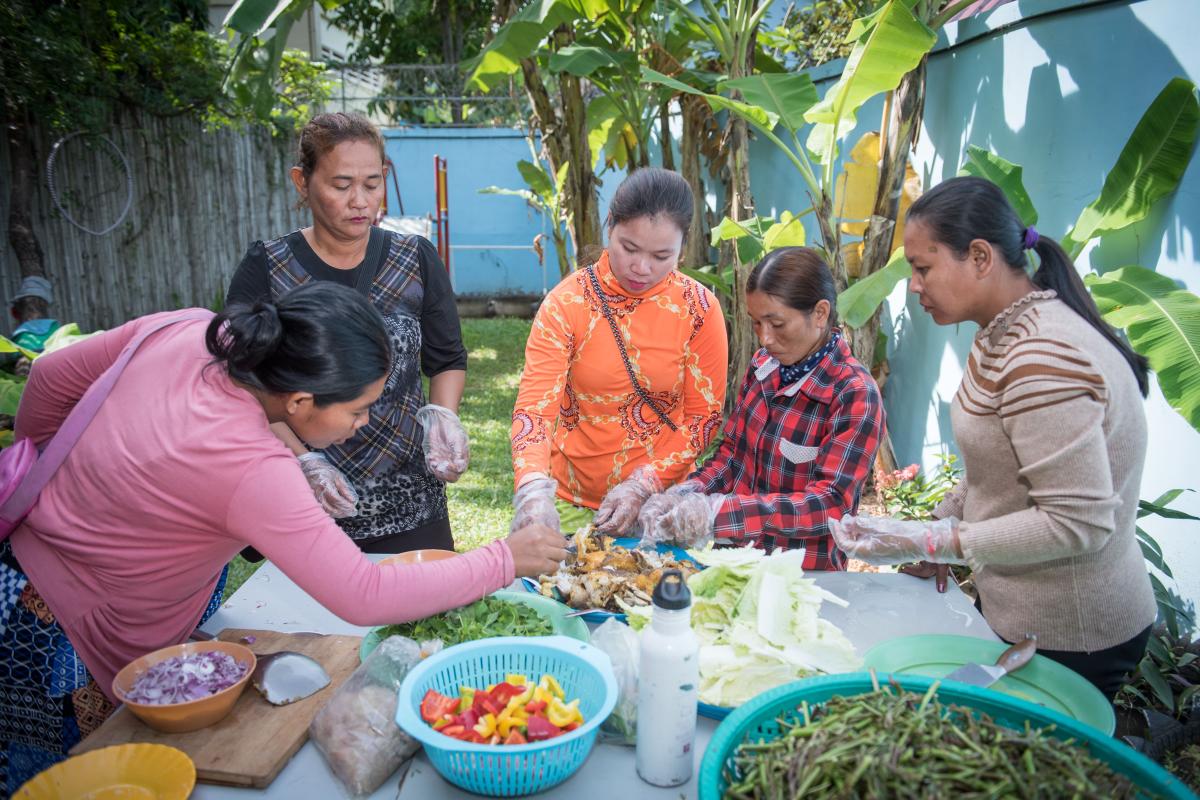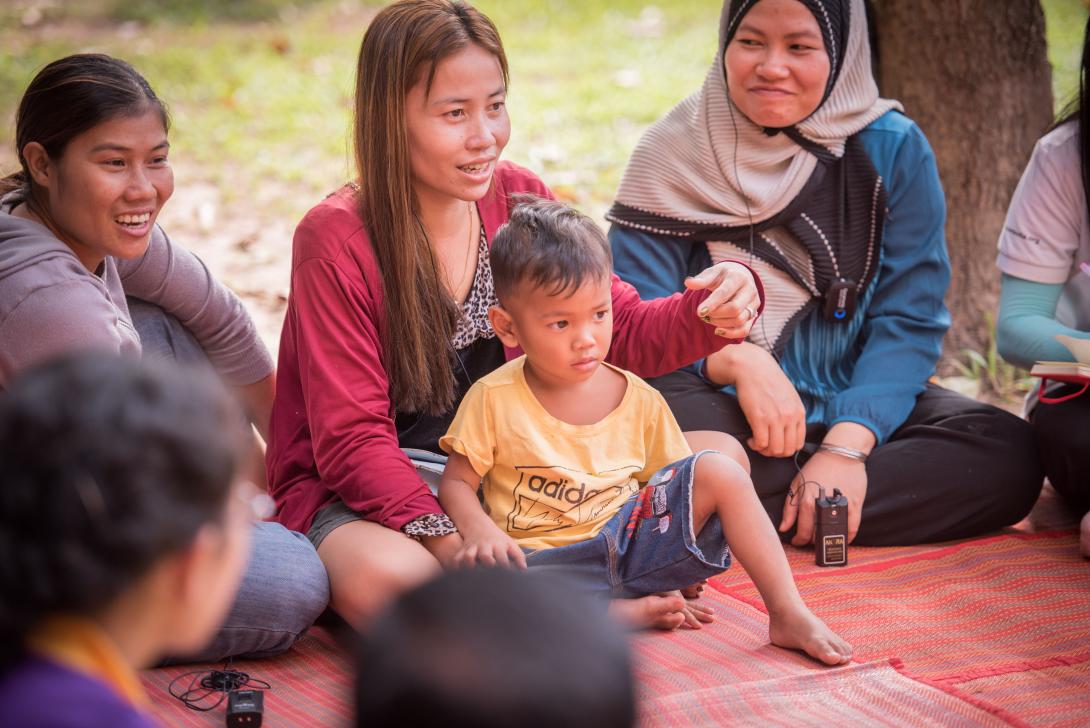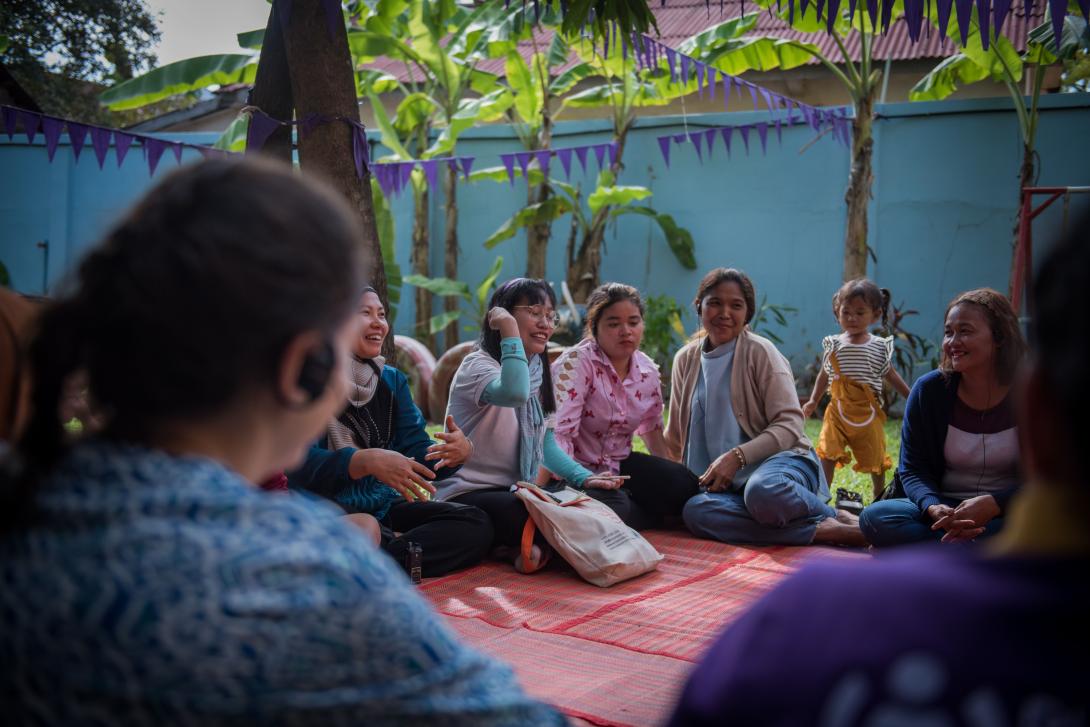Houses of families in Asia


In the Philippines, despite a favourable education system, UNESCO estimates that more than 600,000 children – 5% of the country’s children – do not go to school. This figure correlates with the poverty rate, which continues to grow. Moreover, the World Bank estimates that 70% of women have been subjected to physical violence and 25% suffer domestic violence.
In Cambodia, the State provides free public primary and secondary education. However, a lack of material resources in schools and shortcomings in teacher training and the quality of teaching have adversely affected educational standards. As a result, an estimated 55% of children leave school before the age of 17.

The Women’s Resource Center (WRC) and Cameleon support children, young people and families in highly vulnerable situations. The two organizations have been working in this field to varying degrees for many years.
The House of families scheme is innovative in its approach, recognizing the family as the mainstay of a child’s development. Through the support they receive, families can assume their role in improving their socioeconomic and family situation. They are at the heart of group activities, which they originate, design and participate in. The activities are thus tailored and suited to their needs, enabling them to find solutions with their peers and strengthen their relationship with their children.
Individual support is also provided where needed. For example, families can seek advice or information concerning a particular situation. In addition, awareness-raising sessions on children’s rights, women’s rights, parenthood and tolerance are conducted for children and parents.
The family thus becomes the main actor in preventing vulnerability and protecting at-risk children.

Some mothers who come to the House of families have not been to school and lack information on such matters as public services, health and children’s education.
The House of families organizes round tables with local actors on vulnerability of families and children; campaigns on the prevention of violence against women and girls; family outings (to visit landmarks such as the Angkor Wat temple); gardening; recipe sharing; and various courses such as accounting, literacy and child development.

Most families attending the House of families, especially mothers, have limited access to their rights, information or education. They may experience physical or psychological violence at home. The House of families has created a group of “parent champions” to provide personalized support to new families. In addition, it organizes activities to strengthen family relations (e.g. couples workshops) and workshops on new forms of livelihood.